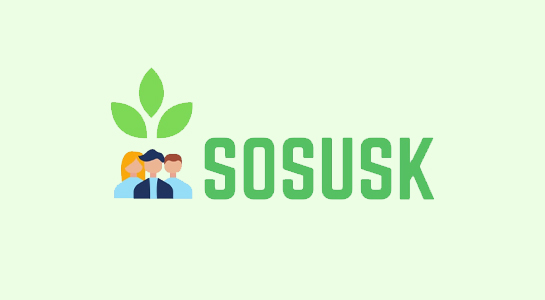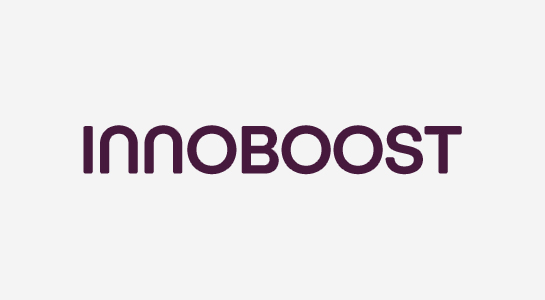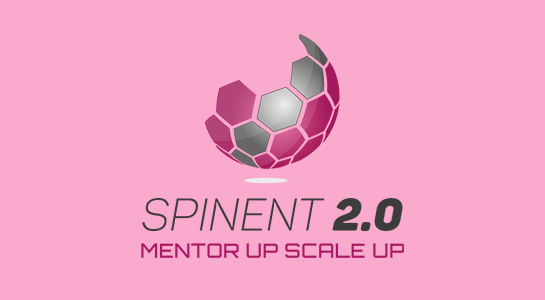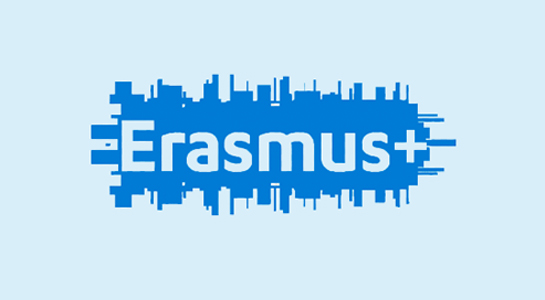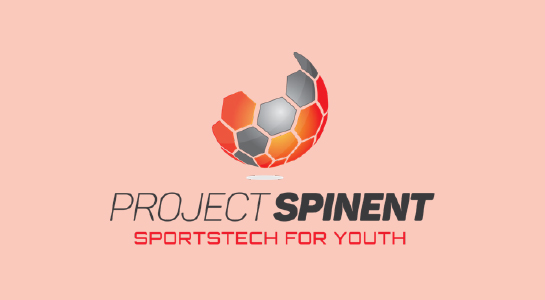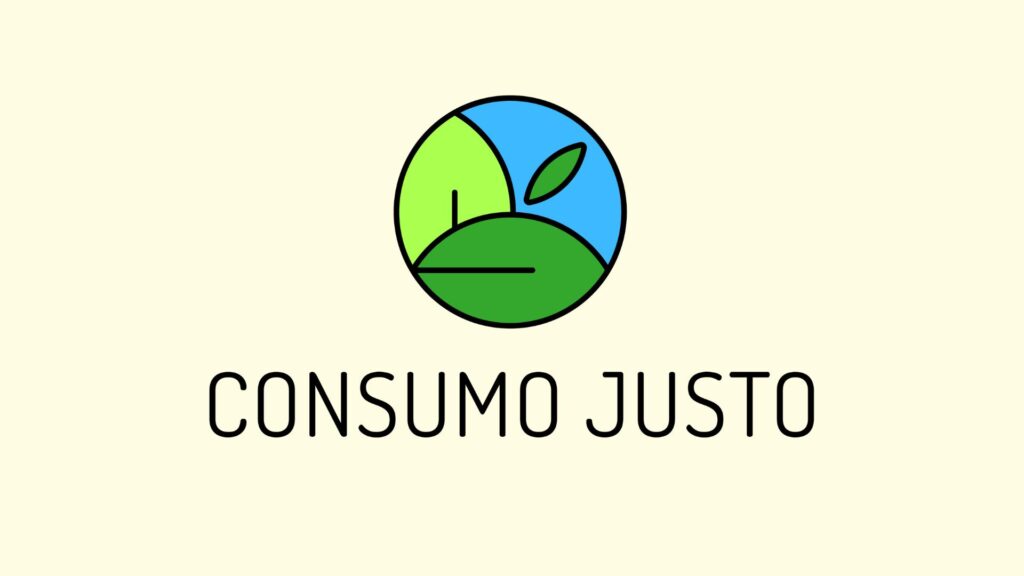Background
The project partners with the project proposal want to face an important challenge related to the NEETs skills and competences up dating and to foster their sustainable opportunities for employment, self-employment with a specific attention toward the future development and start-up of social and green entrepreneurship. By this project the partners will respond to their own needs related to acquire the most appropriate tools and outcomes to sustain their sustainable development. The main consideration done is related to the current unemployment rate among youth that represents one of the greatest global challenges. According to the World Youth Report more than 600 million jobs would have to be created over the next 15 years to meet youth employment needs. On the other hand, more than 30,000 individuals under the age of 30 from 186 countries indicated that climate change and the destruction of nature remain the biggest global concerns for young people around the world. In this context and taking into consideration the economic crisis generated by the covid-19 pandemic, investing in decent job creation in green and social entrepreneurial sector, as well as in digital education and training opportunities for the youth, will help them find their place and contribute to more prosperous and stable societies. The project is thought, designed and structured to full respond to the partnership’ needs and on the project target group’s needs, as following:
Project matching with Partnership’s needs
• To update and scale up the educational and training offers and opportunities in line with the current market need and demands and with the new priorities defined by Agenda 2030 for sustainable development
• To develop and implement tailored actions and measures for NEETs skills and competences development (new training programs offers) that can full match the priorities settled up by the Agenda 2030 and by the program priorities, with particular reference to Inclusion and Diversity, Digital Transformation, Environment and fight against climate change, that full meet he partners development goals
• To equip youth organizations with innovative working tools to invest in young people’s potential and social capital
• To empower youth organizations with new educational tools and programs to better accomplish to their statement purposes
• To develop new training programs, combining innovative curriculum and digital learning, matching the current and future sectorial market trends and demands for empowering skills and competences of young people
• To acquire knowledge, experiences, best practices and different point of views, on the project topics, from different organizations at international level, in order to respond to the needs of development of new educational and training tools and programs that can be sustainable in terms of implementation in a long term perspective
Project matching with Project target group’s needs
• To respond to the needs of NEETs to access to digital education and training opportunities, allowing them to find then their job placement, contributing to more prosperous and stable societies
• To tackle youth unemployment especially for NEETs by up skilling their entrepreneurial skills
• To respond to the NEETs needs to acquire new competences and skills that can allow them to be employed or to start up their own business
• To offer and give to NEETs key competencies needed to transform entrepreneurial ideas into start-ups with positive social, economic and environmental impact
• To respond to the NEETs needs to have the opportunities to access to innovative learning practices as a response to the covid-19 by using an online educational toolkit
• To respond to the NEETs needs to acquire a full awareness on the role and importance of the educational and training system to sustain their potentials and employments opportunities
Objectives
The project seeks to achieve important and relevant objectives related to updating youth skills (NEETs), to enhance employability and provide a skilled foundation to build a professional career or developing entrepreneurial opportunities with specific reference to those sectors, as social and green entrepreneurship, that currently much better respond to the identified youth’s needs and, at the same time, present higher possibilities of sustainable and effective development, also in connection with the priorities settled up by Agenda 2030. The project partners have defined concrete, effective and sustainable objectives according to their competences, to the youth needs identified and to respond to their expectations for professional and personal development. The project, with its actions, outcomes and results, on the end is intended to achieve the basic and fundamental results, in updating youth skills and competences, allowing them to engage in dialogue with various stakeholders to explore possible solutions for creating economically, socially and environmentally sustainable enterprises. In this context, the specific project objectives are:
• To promote digital education among young people
• To foster the acquisition of new competences by the NEETs trough online eLearning tools, especially supporting those ones that living in remote or rural areas, overcoming geographical barriers, full matching the program priority Inclusion and Diversity
• To improve the social inclusion of NEETs, through the starting up of new social enterprises, full matching the program priority Inclusion and Diversity
• To improve actions aiming at enhancing digital skills and competence development on NEETs, full matching the program priority Digital Transformation
• To ingrain the green and digital transition in the DNA of the EU’S Youth
• To support young people with key competencies needed to transform entrepreneurial ideas into start-ups with positive social, economic and environmental impact, full matching the program priority Environment and fight against climate change
• To facilitate innovative learning practices as a response to the covid-19 by developing an online educational toolkit.
• To promote practices based on the sustainable, smart and inclusive growth
• To equip youth organizations with innovative working tools to invest in young people’s potential and social capital;
• To create a space for European organizations to network and come up with clear ideas aiming at boosting up youth participation, social change and better understanding of the European values and concepts
The total number of persons, who will directly and indirectly benefit from or will be targeted through the project activities during its duration, is moderately estimated at approximately 3000 young people.
Activities
The CHANCE4YOU project is implemented by a consortium consisting of 7 entities with diverse features & documented relevant experience originating from 7 European countries (GR, BG, BL, HR, IT, RO, PL), full covering the requested competences, know-how and networking capacities for an optimal and successful project implementation, with the aim of enhancing and up skilling NEETs’ competencies, especially those who have social and environment consciousness by developing an e-learning toolkit and by incorporating digital tools in the learning procedure. The consortium will organize project planning management, implementation and evaluation functions and will increase knowledge generation by applying a logic model throughout the project. The Basic Logic Model that will be used in the CHANCE4YOU project development will define the following key five areas: Resources/Inputs> Activities> Outputs> Outcomes> Impact.
These five key areas of the Logic Model will be applied to each project activity:
1. Activities: The planned project activity and tasks to be accomplished will be described in detail
2. Outputs: The desired/expected outputs that will be produced as a result of the planned activity will be specified.
3. Resources/inputs: Necessary data and resources to support the achievement of the activity. These include human resources, level of expertise, feedback and input from stakeholders etc.
4. Outcomes: Identification of the short- and long-term outcomes expected/desired for the activity.
5. Impact: Description of the long-term impact anticipated in local, national, European and international level as a result of the project, and how each activity will support the generation of this impact. Each output will be delivered by addressing the following stages: preparation, implementation, monitoring, evaluation and dissemination. The main project activities that will be implemented are based on the cooperation and collaboration of all partners throughout the entire project and will be organized in Project Activities (PA), as:
PA1 Project initiation, Management and Coordination, to ensure a smooth implementation of all project steps and phases, is concerning the set-up of the project work plan and activities, the management and coordination (including monitoring, quality assurance and evaluation, of the correct, efficient and effective project activities implementation.
PA2 Project Implementation that will include:
• Project Result1 Good practices collection and analysis on innovative digital learning methods for green and social entrepreneurship
• Project Result 2 E-learning toolkit for green and social entrepreneurship
• Project Result 3 Web-based accelerator program
PA3 Sharing and Promotion activities of the project results and outcomes, using the large networks of project relevant stakeholders that the partners have at regional, national and European level.
Impact
The partners expect within the project implementation to achieve several relevant and strategic results and outcomes that fully meet the criteria of sustainability, efficiency and effectiveness, being conceived on the basis of responding to the identified needs of the project target groups and for partners planned objectives for development. The work methodology that will be applied, within the partners’ competences, know-how and motivations; will ensure the full achievement of the planned project results and outcomes. The achievement of the expected project results and outcomes, as whole, will make use of a range of cognitive and practical skills required to accomplish tasks by selecting and applying basic methods, tools, materials and information, to support and motivate project target groups (NEETs) that have the intention to develop social and green entrepreneurship. The expected main results are:
• Report on analysis included best practices across Europe regarding digital learning for entrepreneurship
• Development of an e-learning toolkit for social and green entrepreneurship
• Creation of an online acceleration program
• Creation of informative printed material (leaflets, poster etc.);
• A Quality Assurance plan, covering the overall course of the project to make sure all activities are undertaken in an effective way, leading to the desired results based on the quality standards agreed upon among the partnership;
• A Sharing and promotion Strategy, with detailed description of the dissemination tools and activities necessary to reach the target groups and a final dissemination activities’ report at the end of the project;
• Feedback questionnaires from members of the target group who will be involved in the local events and training sessions;
• 7 Multiplier Events – Bridge Festivals (GR, HR, IT, BL, PL, RO, BG,) for the target group and project stakeholders in the framework of the sharing and promotion of project activities and results in each participating country;
The most relevant project outcomes are:
• Improvement of new learning opportunities with digital solutions to overcome Barriers linked to education and training systems
• Foster social and green entrepreneurial motivation, skills and mind-set
• Raise the youth’s awareness of the various aspects of starting up and running a successful business and social enterprise
• Raise awareness of benefits from the social and green entrepreneurship sector for society and the economy;
• The adoption of digital and eLearning systems to overcome geographical barriers for young people living in remote or rural areas or in peripheral/outermost regions;
• Creation of networking for young potential social entrepreneurs and collaboration with the business sector provide a comprehensive online learning environment combining theory, practice
• Enhance digital integration in learning, teaching and education in various Open Education Resources and ICT applications
• Integration of social entrepreneurship learning into the non-formal education and training system – enhance capacity within partner organizations to promote youth employment in the field of social enterprise
• Raising public awareness on local development issues and reassessment of youth participation
